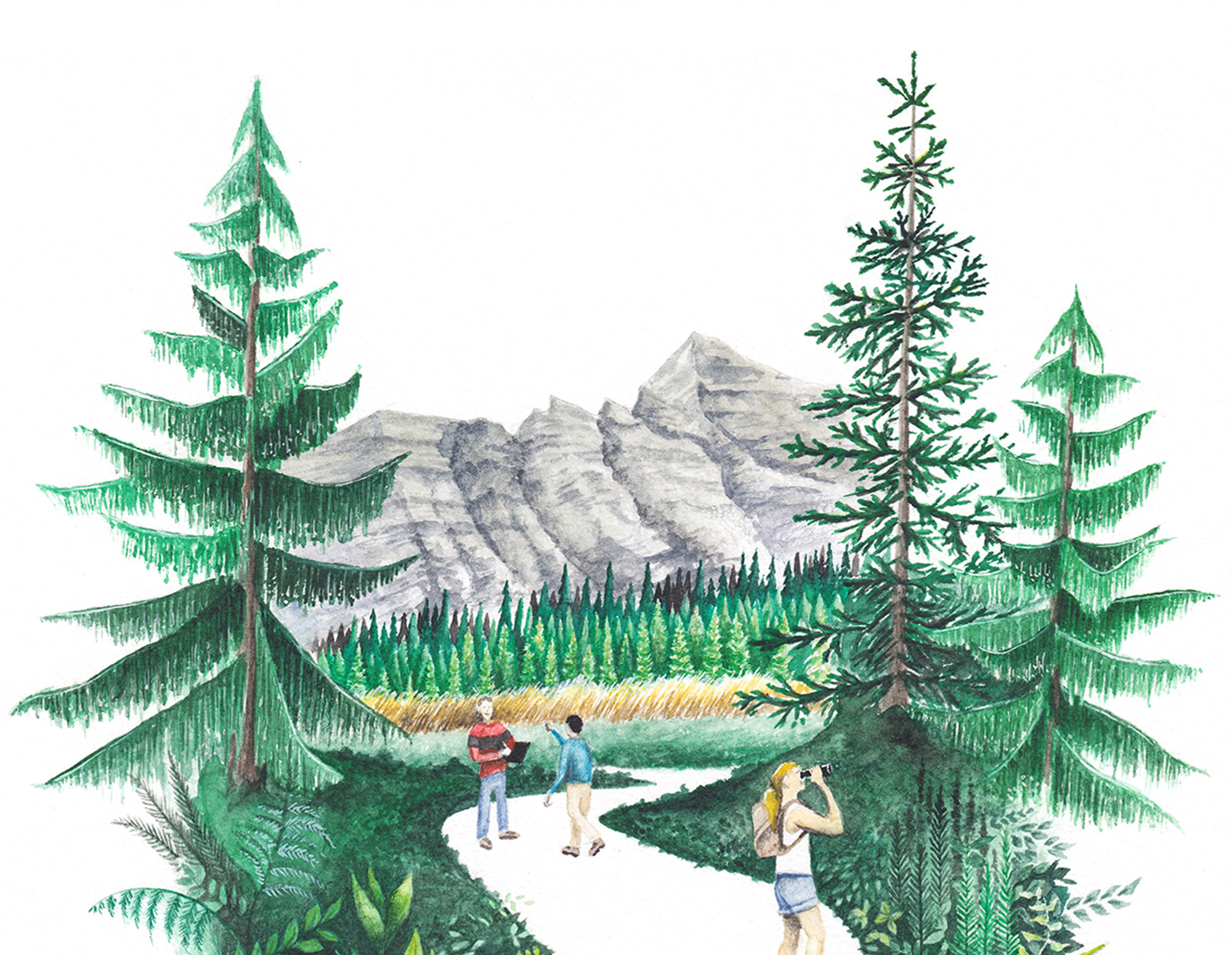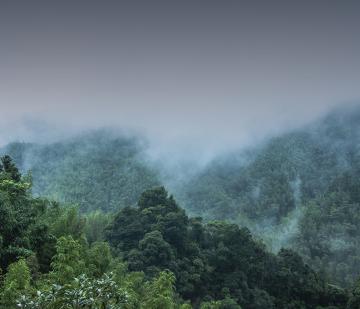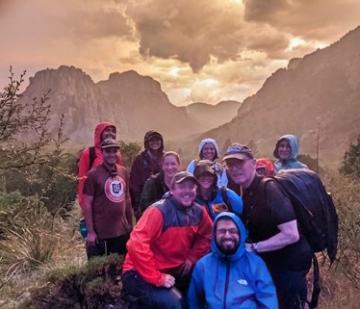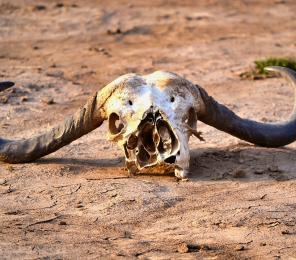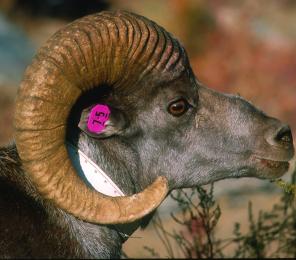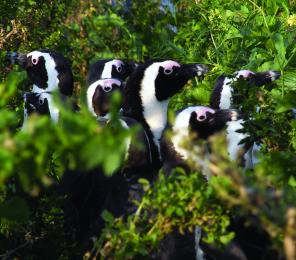Terrestrial Ecosystems
.
Life on Land
Climate change, accelerated shifts in land use, physical and chemical pollution, and other anthropogenic factors have taken a heavy toll on the planet’s wild plants and animals. Scientists have described this loss as the Sixth Extinction, with 35 percent of species predicted to become extinct by 2050. Forests are home to more than 80 percent of all terrestrial species of animals, plants and insects. Not only that, they sequester a massive amount of carbon dioxide from the atmosphere, helping to offset a large portion of the carbon we as humans emit from burning fossil fuels. Yet less than 20 percent of the world’s forests remain intact—meaning free from logging and other development. Although there have been significant investments in technologies to remove carbon dioxide, none are as effective—or as cost-effective—as forests.
.
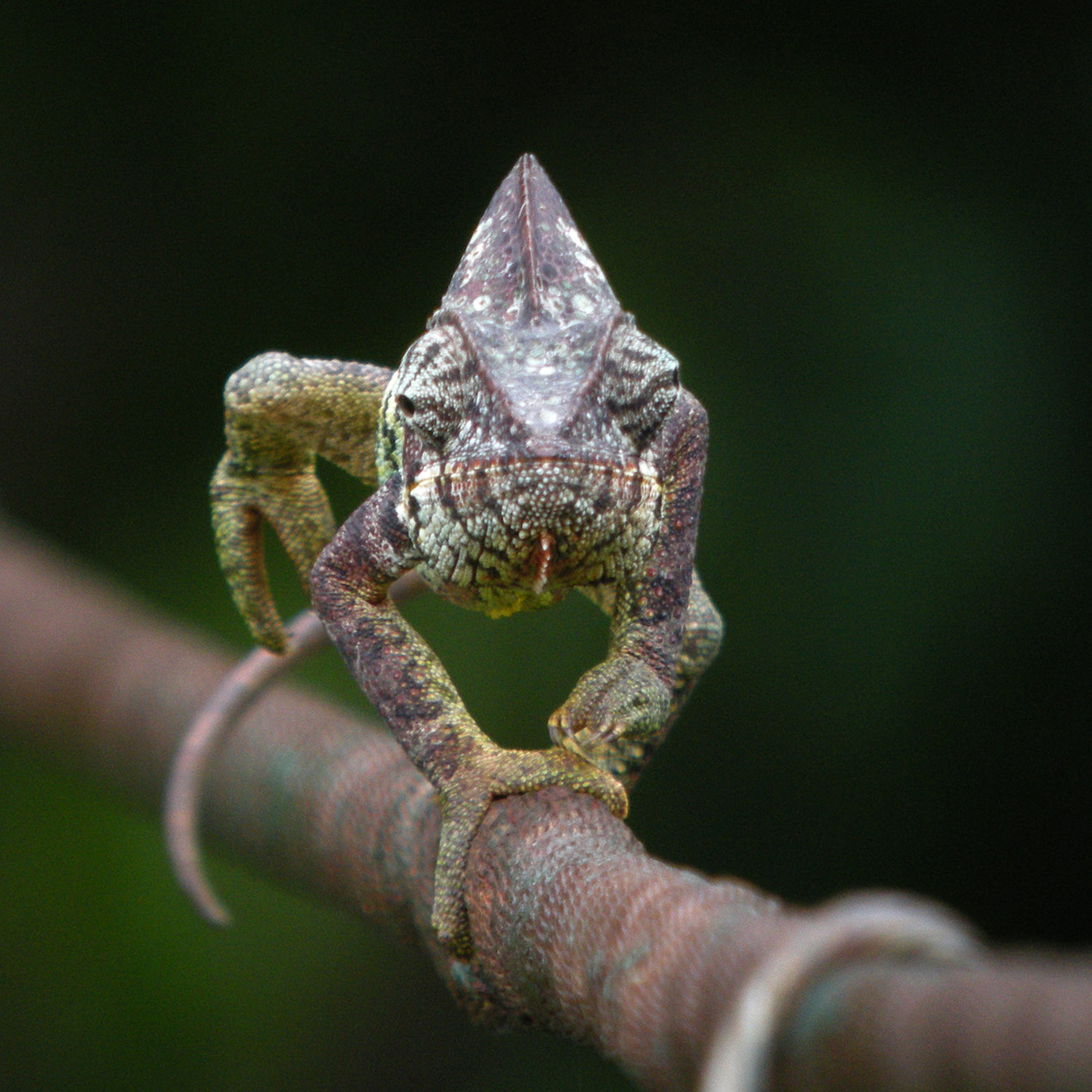
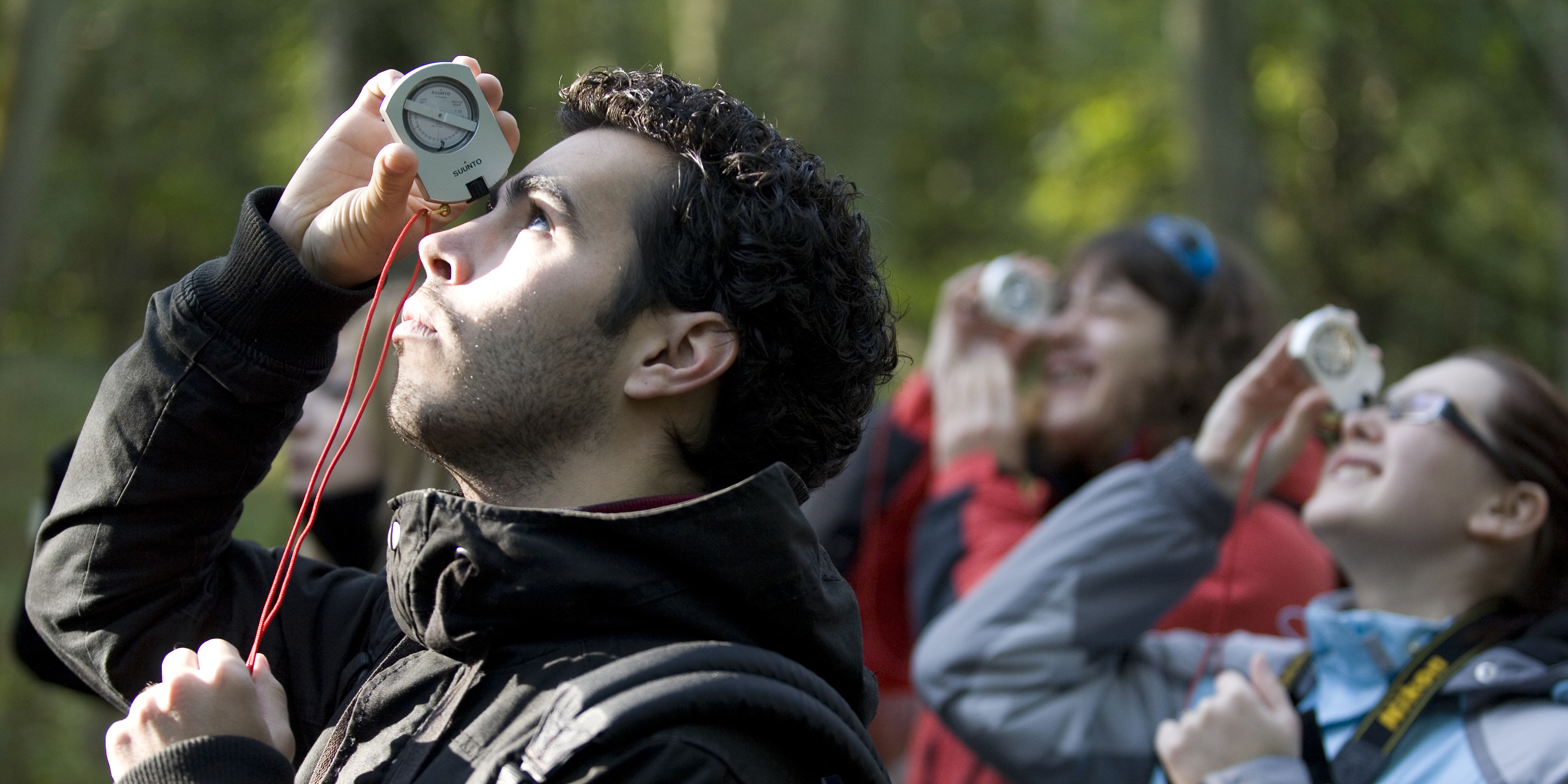
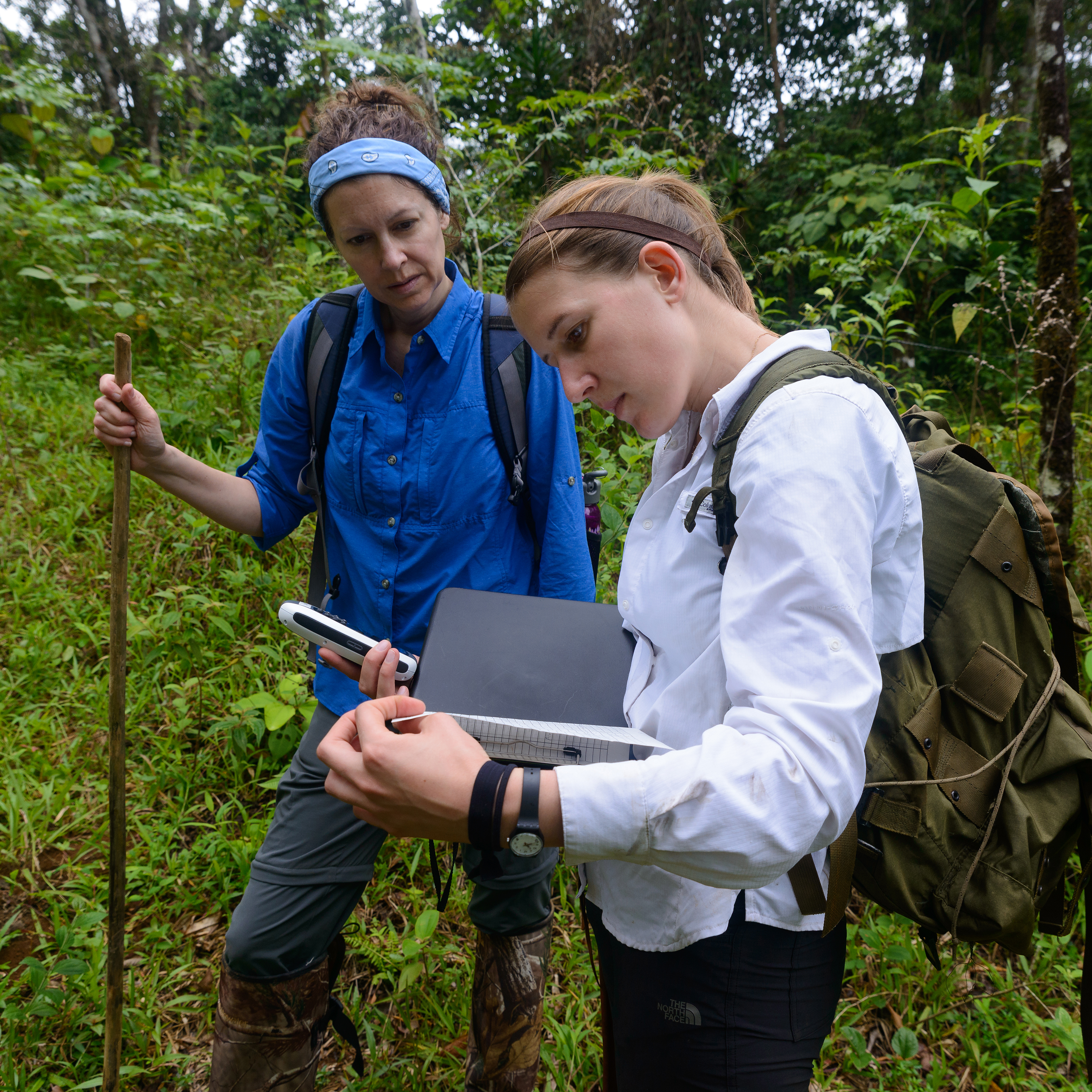
.
Our Approach
Earthwatch’s terrestrial ecosystems programs focus on the nexus of habitat preservation and restoration, assessing and mitigating the impacts of a changing climate, and the conservation of biodiversity. For nearly 50 years, Earthwatch volunteers have worked alongside expert scientists around the world to conserve some of the most fragile and unique ecosystems on land. These projects not only increase our scientific understanding of these ecosystems, but have resulted in new policies and management plans, including the creation of protected areas, parks, and refuges. Earthwatch’s priorities align with the United Nations Sustainable Development Goals—specifically, targets and indicators within SDG 13 (Climate Action) and SDG 15 (Life on Land).
.

.
Our Research Priorities

Ecosystem Restoration and Preservation
Led by Dr. Manoel Muanis, Earthwatch teams are helping to restore the Reserva Ecológica de Guapiaçu (REGUA) in Brazil’s Atlantic Forest, while studying how mammals are responding to this newly created habitat. These data will be used as an indicator of whether forest restoration supports the same ecosystem services and functions as the original vegetation.

Conserving Biodiversity
In 2019 alone, Earthwatch volunteers planted 1,050 native trees and built 20 artificial nests to help the endemic Cuban trogon, Cuban pygmy owl, and bare-legged owl as part of the expedition Mapping Biodiversity in Cuba. Led by Dr. Natalia Rossi, these efforts are helping to establish local and national guidelines to conserve and protect biodiversity in Cuba during a time of increasing economic development.

Climate Action
In the Peruvian Amazon, working alongside Dr. Richard Bodmer and members of the Cocama indigenous nation, Earthwatch teams are surveying wildlife populations on the expedition Amazon Riverboat Exploration. By assessing the health of this ecosystem, which has been dramatically impacted by the effects of climate change, these efforts have not only supported sustainable hunting and fishing practices, but have informed local and national climate change policies.
.
We’re actually out there, we’re on the ground, we’re observing any changes that are occurring and we’re collecting data on them...The models are very important but the field data is there to make sure we’re on the right track.
Dr. Steve Mamet — Climate Change in the Mackenzie Mountains
Wildlife of the Mongolian Steppe
YOUR SUPPORT MATTERS
Earthwatch depends on donations—above and beyond what we raise from volunteers who participate on our expeditions—in order to deliver our global conservation mission. In fact, volunteer contributions provide only half of the total resources Earthwatch needs to sustain over 40 field research expeditions, a wide variety of educational programs, corporate sustainability trainings, and more each year.
Experience hands-on science in some of the most astounding locations in the world. Meet a community of like-minded travelers and return home with stories filled with adventure.
